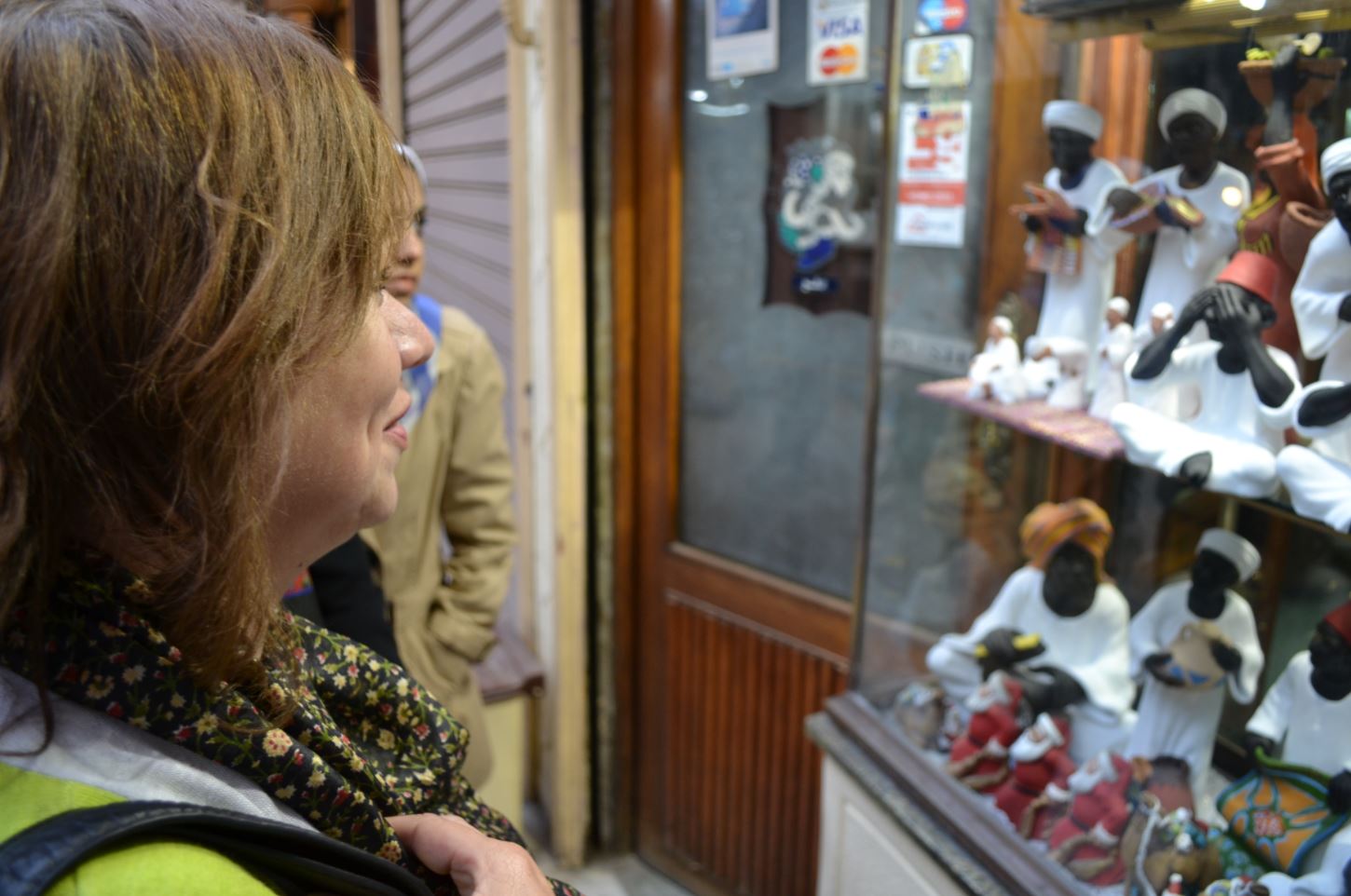The rapid outbreak of COVID-19 had an impact on all businesses in different industries all over the world, but family businesses have been uniquely affected by the pandemic in terms of operations, cashflow, and losses.
Family-owned businesses represent over 60 percent of Egyptian companies, according to the Egyptian Centre for Economic Studies. A separate study by law firm Al Tamimi & Co found that family businesses in Egypt contribute to the national income by around 80 percent and constitute about 75 percent of the private sector’s activity, and employ approximately 70 percent of the labor force.
Assistant Professor at the Department of Management at the American University in Cairo Ashraf Sheta said that the spectrum of family businesses affected locally is so wide, starting from small businesses like kiosks to large companies.
Family business-owners had to make firm decisions to deal with the implications of COVID-19 and to handle the crisis, which not only affected their business but also their families. “Members of a family business have close ties between one another. Strong bonds and relationships develop by time, unlike regular businesses, which makes it harder to make a decision that would affect the family as a whole,” Sheta explained.
One of the most difficult decisions Sheta mentioned was laying off personnel, because not only are they the company’s employees, they are family members too. According to Research Gate, family businesses worldwide are heavily impacted by corona crisis, however they would rather “eat into their own capital than lay off their personnel.”
In light of the decisions companies had to take due to the losses incurred, laying off comes at the top as well as cutting down salaries or wages. According to the Egyptian Labor Law, the employer, for economic necessities, shall have the right to close down the establishment wholly or partially, downsize it or reduce its activity which might affect the size of labor. Consequently, companies like Uber cut 40% of its staff in Egypt.
Out of different family business industries, Sheta said that the food and beverages industry was the most affected; either temporarily or permanently.
Through the eyes of families
Double Coffee Egypt, a newly launched café, was one of the most affected, as they had their soft opening two days before the government imposed full quarantine.
“We had a few hiccups since we couldn’t really reach clientele at all. However, we updated our business model to fit into long distancing guidelines,” said Ahmed Zakzouk, the founder.
Zakzouk explained that as a big family, all members have a wide range of skills, so they wisely took advantage of that and employed their skills to run the business during the ongoing crisis. “We handled the promotion of the place until we could afford to hire someone. The most important thing is that we as a family had each other’s backs,” he added.
“At first, we shifted from in-store dining to an all takeout solution via services like Otlob. Then, when the government allowed it, we opened at a 20 percent capacity, which meant having to modify the design of the space, training the staff to keep up with the safety measures and having them train with our family to make sure everything is up to standards,” Zakzouk told Egyptian Streets.
Family members running Double Coffee Egypt faced challenges like not having enough customers, which is because, as Zakzouk said, customers were a bit hesitant because it is always a matter of safety. “The pandemic affected their behaviour tremendously until they got to go out, and there was a bit of desperation for the outside world. It created a regular customer, [who] once trusts the cleanliness and sanitation of the place, kept coming back,” he said.
Zakzouk believes that COVID-19 struck smaller family businesses which depend more on the daily income rather than multinational corporations that “resumed operations normally”.
Recovering Post-Pandemic: Azza Fahmy Jewelry
Azza Fahmy Jewelry is one of many family businesses which implemented a working from home policy to ensure the safety of the personnel at their office.
“At the shops, we committed to the bare minimum number of staff,” explained CEO Fatma Ghaly.
“We started off by only having the heads of critical functions such as warehouse, maintenance and HR to be physically present at the workshop so we went down from having 220 people at the workshop to having 10 people,” Ghaly told Egyptian Streets.
As a global luxury brand, Ghaly explained that there was a rise on the sales of gold, on a global scale, because people were speculating that its price will rise, which is a reason behind the spike in Azza Fahmy’s online sales. “On a product level, customer’s mindset was “easy to wear” accordingly, for the jewellery industry there was a rise in demand for dainty, stackable, and everyday pieces,” she added.

Thinking and planning ahead to overcome the crisis are the key elements that helped Azza Fahmy Jewelry to recover. Ghaly said that being agile and very flexible to the market needs empowered them. “For example, our summer concept store in Diplo offered a completely new experience, we partnered with like-minded entities like Cake Café and TAM gallery to provide unique and fresh [designs] for our clients to find post lockdown,” she said.
Ghaly provided her insight on what she thinks is important for recovery, which is in their case, focusing on cashflow and having different scenarios and action plans for each one. She also added that managing their expenses was key, in addition to prioritizing their focus on essential, relevant activities to the current time.
“We had to prioritize our production given that we shrunk the number of workers for a period of time and therefore could no longer produce the originally planned volume. We also shifted our production plans and collections releases according to the market needs. We had to get creative with minimal budgets and focus on digital, one of the examples is that we created an online personal shopper service that helps our clients choose pieces through digital platforms at the comfort of their homes,” she explained.
Although no one was prepared for the pandemic and some family businesses had temporary issues, or permanent ones like shutting down completely, it is worth mentioning that many have been recovering and getting back to normal with the help and support of their families, on the top of everything.







Comment (1)
[…] have seen a huge increase in customers since the start of the Coronavirus pandemic in 2020 while many other businesses were struggling. While a law in 2017 subjected many chains and outlets in malls, airports and tourist sights to […]